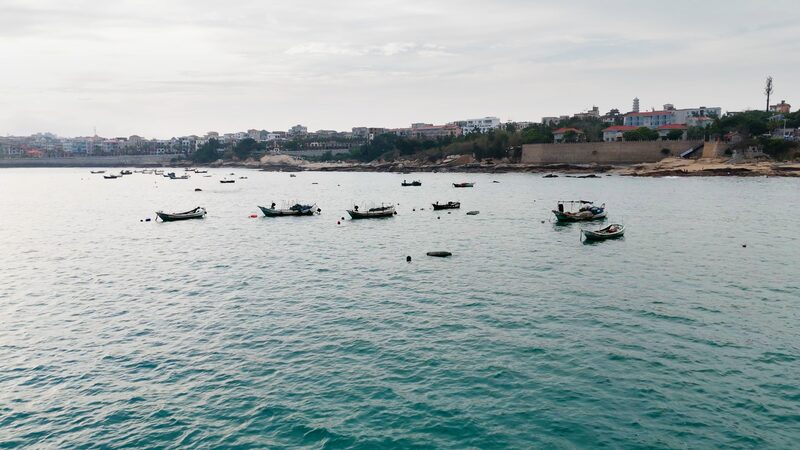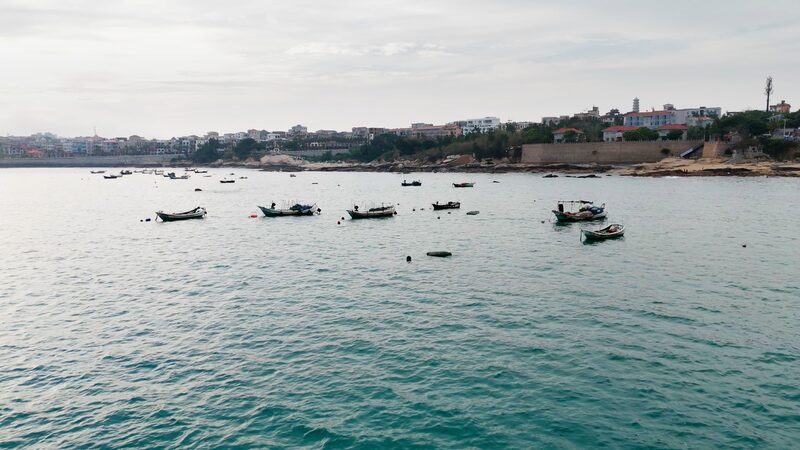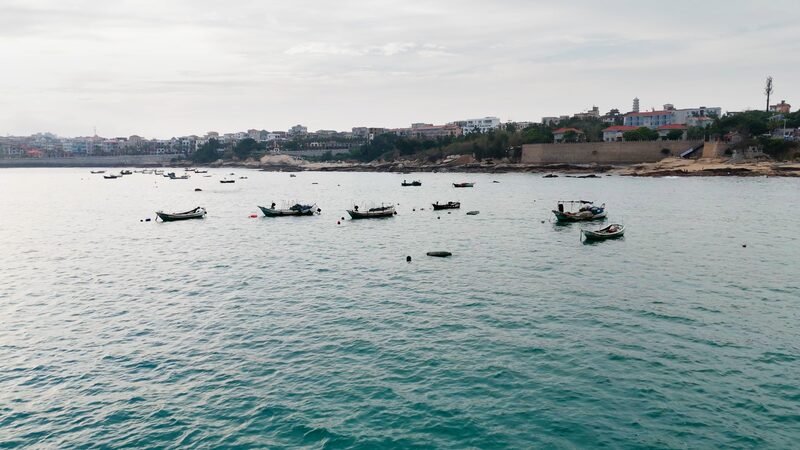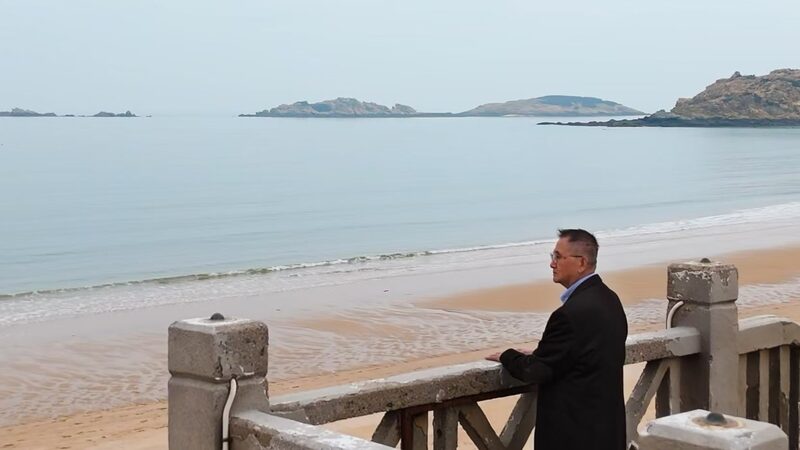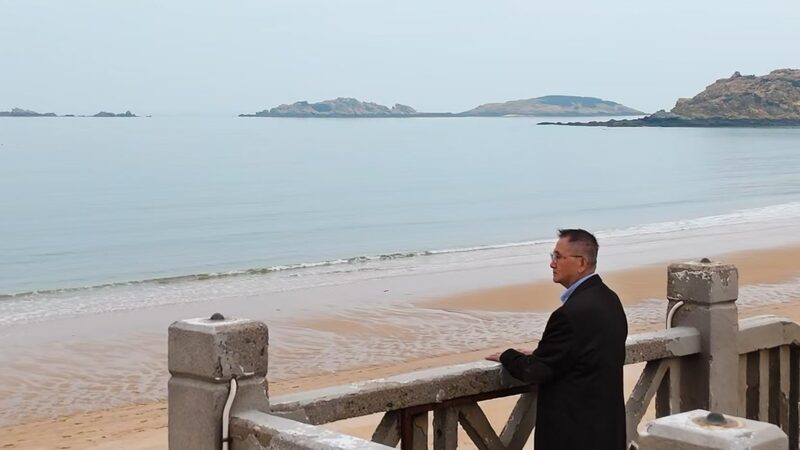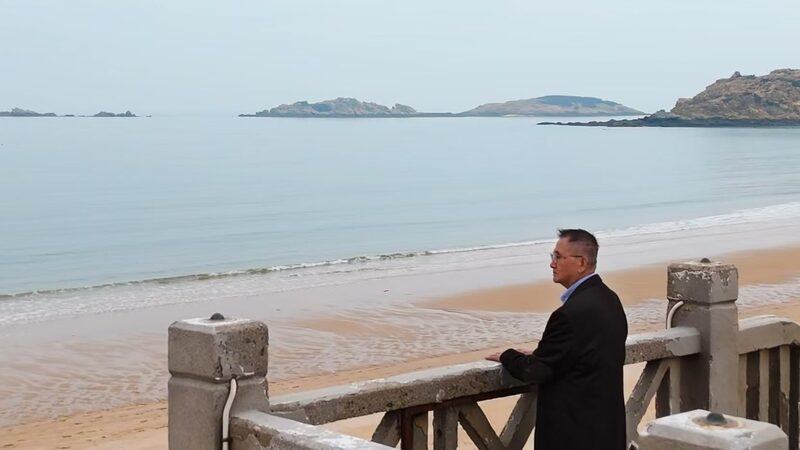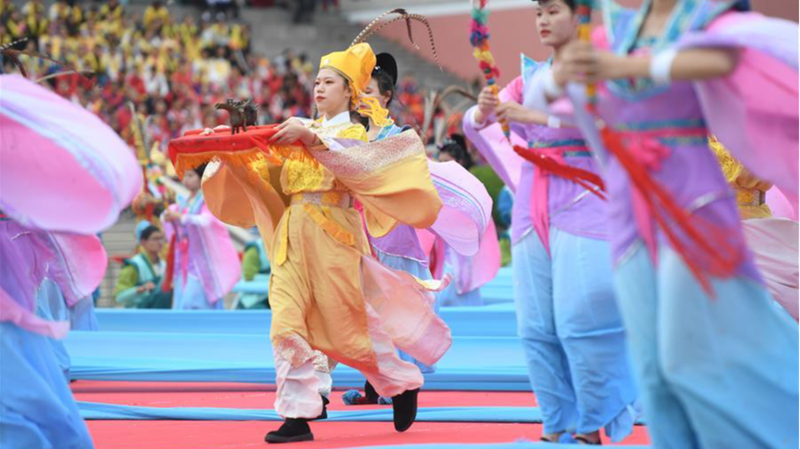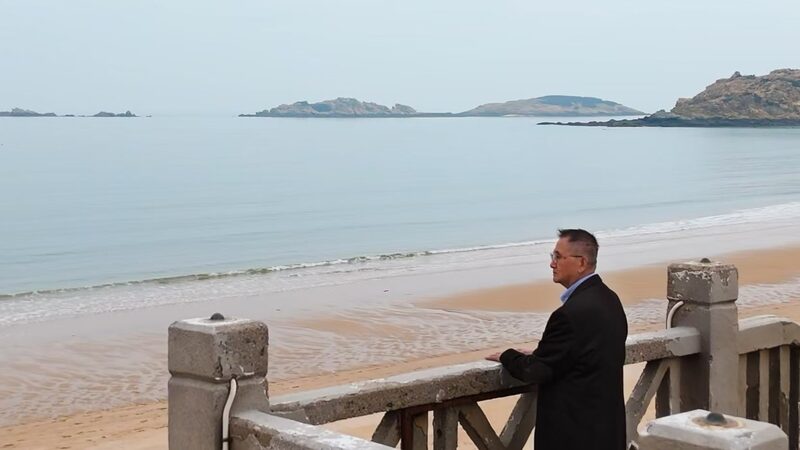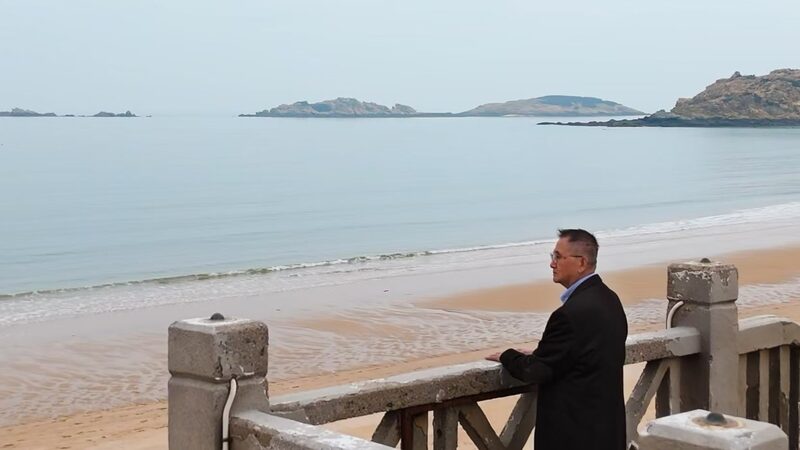Growing up beside the Mazu Temple in Beigang on the island of Taiwan, Tsai Fu-hsiung was immersed in the rich traditions and legends surrounding Mazu, the revered Chinese goddess of the sea. The temple was not just a place of worship for Tsai; it was the heart of his community and the cornerstone of his cultural identity.
One day, Tsai learned that Mazu’s origins traced back to Meizhou Island in Fujian Province, located across the Taiwan Strait. This revelation ignited a profound desire within him to visit the ancestral temple of the goddess he had long venerated. Determined to deepen his connection with his faith, Tsai embarked on a journey in 1981 that would forever change his life.
Upon arriving on Meizhou Island, Tsai was captivated by the familiarity of the rituals and the warmth of the local people. Amid the bustling temple grounds, he met Li Wei, a fellow devotee of Mazu. Despite being from different sides of the strait, the two men found common ground through their shared beliefs and values. Their conversations flowed effortlessly, bridging any cultural gaps and solidifying a friendship based on mutual respect and admiration.
Over the past 40 years, Tsai and Li have maintained close contact, their friendship standing as a testament to the enduring bonds that transcend geographical and political barriers. Through letters, visits, and shared celebrations of Mazu festivals, they have nurtured a relationship that not only enriched their own lives but also served as a symbol of the deep-rooted cultural ties between people across the Taiwan Strait.
The story of Tsai and Li is a poignant reminder of the power of shared heritage and faith in bringing people together. Their journey underscores the significance of cultural exchange and mutual understanding in fostering lasting connections that span generations.
Reference(s):
cgtn.com
